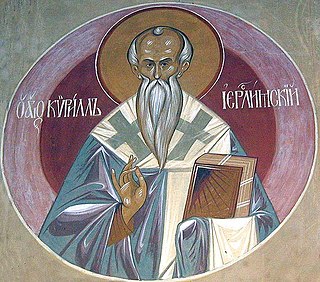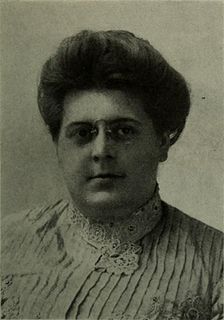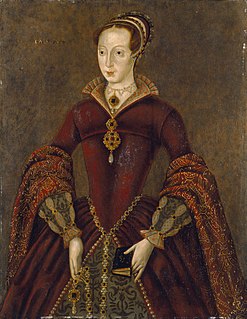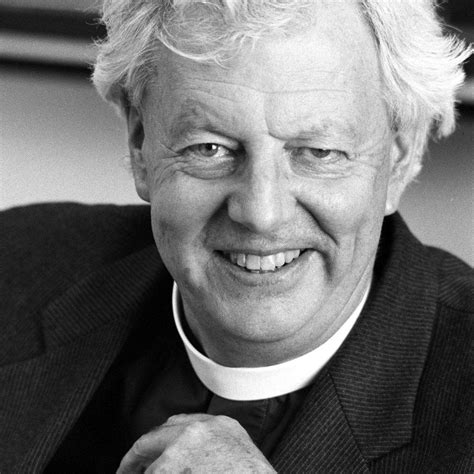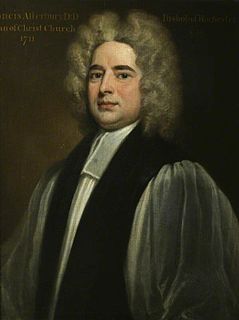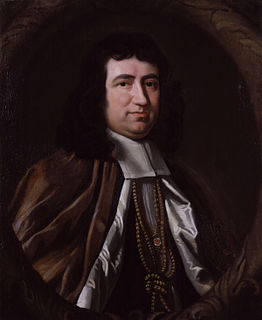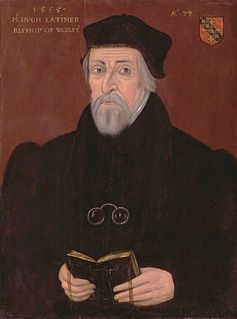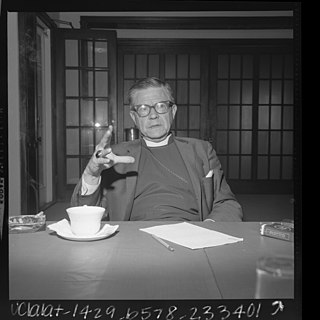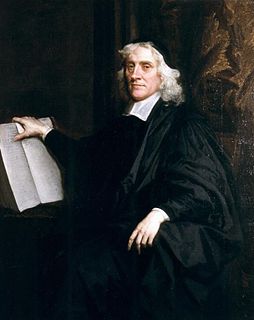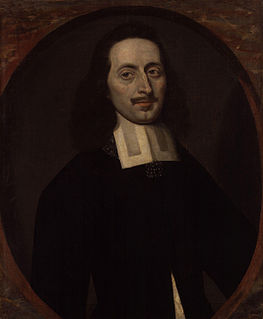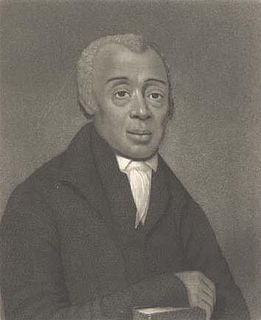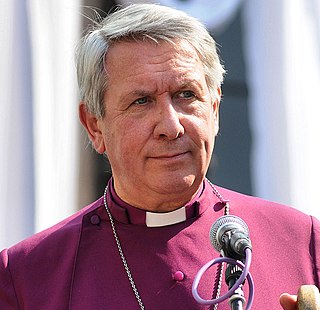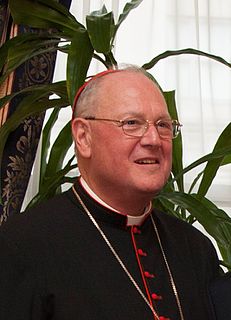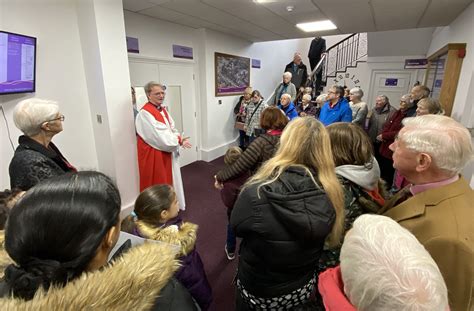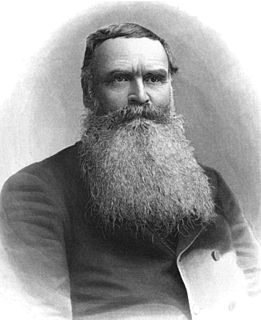A Quote by Cyprian
And according as we say, "Our Father," because He is The Father of those who understand and believe; so also we call it "our Bread," because Christ is The Bread of those who are in union with His Body. And we ask that this Bread should be given to us daily, that we who are in Christ, and daily receive The Eucharist for the Food of Salvation, may not by the interposition of some heinous sin...be separated from Christ's Body.
Related Quotes
Since Christ Himself said in reference to the bread: "This is My Body," who will dare remain hesitant? And since with equal clarity He asserted: "This is My Blood," who will dare entertain any doubt and say that this is not His Blood?... You have been taught these truths. Imbued with the certainty of faith, you know that what seems to be bread is not bread but the Body of Christ, although it seems to be bread when tasted. You also know that what seems to be wine is not wine but the Blood of Christ although it does taste like wine.
Humans need Jesus Christ as a necessity and not as a luxury. You may be pleased to have flowers, but you must have bread. . . . Jesus is not a phenomenon, He is bread: Christ is not a curiosity, He is water. As surely as we cannot live without bread, we cannot live truly without Christ: If we know not Christ we are not living, our movement is a mechanical flutter, our pulse is but the stirring of an animal life.
[Christ's] mission and work it is to help against sin and death, to justify and bring life. He has placed his help in baptism and the Sacrament [i.e., communion/Eucharist/Lord's supper], and incorporated it in the Word and preaching. To our eyes Baptism [capitalized in original] appears to be nothing more than ordinary water, and the Sacrament of Christ's body and blood simple bread and wine, like other bread and wine, and the sermon, hot air from a man's mouth. But we must not trust what our eyes see.
Therefore bread was created for the glory of Christ. Hunger and thirst were created for the glory of Christ. And fasting was created for the glory of Christ. Which means that bread magnifies Christ in two ways: by being eaten with gratitude for his goodness, and by being forfeited out of hunger for God himself. When we eat, we taste the emblem of our heavenly food—the Bread of Life. And when we fast we say, “I love the Reality above the emblem.” In the heart of the saint both eating and fasting are worship. Both magnify Christ.
But look at the men who have those perverted notions about the grace of Jesus Christ which has come down to us, and see how contrary to the mind of God they are. . . . They even abstain from the Eucharist and from the public prayers, because they will not admit that the Eucharist is the self-same body of our Savior Jesus Christ which flesh suffered for our sins, and which the Father of His goodness raised up again.
He who asks to receive his daily bread does not automatically receive it in its fullness as it is in itself: he receives it according to his own capacity as recipient. The Bread of Life (cf. Jn. 6:35) gives Himself in His love to all who ask, but not in the same way to all; for He gives Himself more fully to those who have performed great acts of righteousness, and in smaller measure to those who have not achieved so much. He gives Himself to each person according to that person's spiritual ability to receive Him.
The Eucharist is not only a particularly intense expression of the reality of the Church's life, but also in a sense its fountainhead. The Eucharist feeds and forms the Church: 'Because there is one bread, we who are many are one body, for we all partake of the one bread' (1 Cor 10:17, RSV). Because of this vital link with the sacrament of the Body and Blood of the Lord, the mystery of the Church is savored, proclaimed, and lived supremely in the Eucharist.
To be "in Christ" is to place one's trust in Him for salvation from sin. To be "in Christ" is to trust His goodness, not our own; to trust that His sacrificial death on the cross paid the complete debt of death we owe for our sin; to trust that His resurrection gives us eternal life instead of relying upon our own ability to please God. To be "in Christ" is to claim, by faith, the free gift of salvation. To be "in Christ" is to enjoy a completely restored relationship with our Father in heaven by virtue of His Son's righteous standing.
If the elect could perish, then Jesus Christ should be very unfaithful to his father, because God the father hath given this charge to Christ, that whomsoever he elected, Christ should preserve them safe, to bring them to heaven. Now should not this be accomplished, Christ would be unfaithful to his father. John 6.39.
What you see is the bread and the chalice; that is what your own eyes report to you. But what your faith obliges you to accept is that the bread is the body of Christ and the chalice is the blood of Christ. This has been said very briefly, which may perhaps be sufficient for faith; yet faith does not desire instruction
Farmers everywhere provide bread for all humanity, but it is Christ alone who is the bread of life...Even if all the physical hunger of the world were satisfied, even if everyone who is hungry were fed by his or her own labor or by the generosity of others, the deepest hunger of man would still exist...Therefore, I say, Come, all of you, to Christ. He is the bread of life. Come to Christ and you will never be hungry again.

